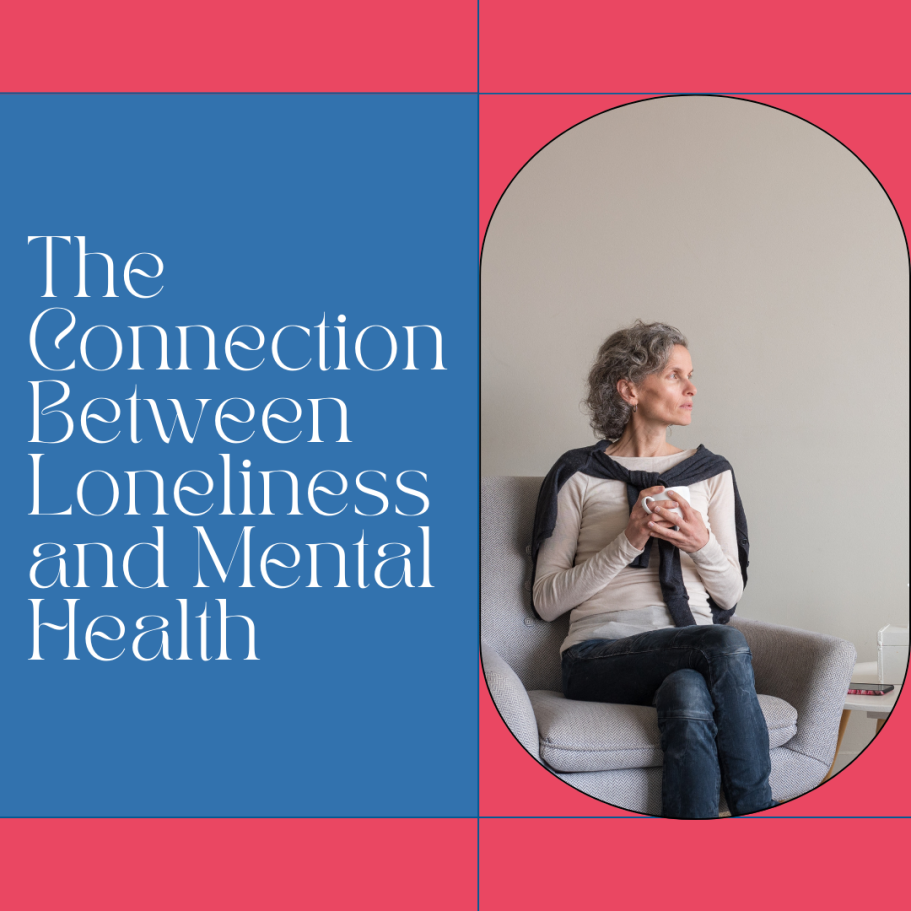
Loneliness and Mental Health: Understanding the Connection and Finding Support
Loneliness is a pervasive issue in Britain, with profound implications for mental health. Despite being surrounded by people, many individuals experience a deep sense of disconnection and longing for meaningful social interaction.
Defining Loneliness
Loneliness is not just about physical isolation; it's about feeling emotionally disconnected from others. It can affect people of all ages and backgrounds, leading to feelings of emptiness and longing. Whether it's situational loneliness following a life transition or chronic loneliness that persists over time, the impact on mental health can be significant.
Causes of Loneliness
Numerous factors contribute to loneliness, including urbanisation, long working hours, and the breakdown of traditional social networks. Additionally, the rise of social media, while connecting us virtually, can exacerbate feelings of loneliness by fostering shallow connections and unrealistic comparisons.
Impact on Mental Health
Loneliness takes a toll on mental health, with research indicating links to depression, anxiety, and other mood disorders. Addressing loneliness is crucial for preventing and managing mental health challenges. Furthermore, loneliness can manifest in physical health problems, such as cardiovascular issues and compromised immune function.
Noticing Signs of Loneliness and Steps to Help
It's important to recognise the signs of loneliness in others and take steps to offer support. Some signs of loneliness include withdrawal from social activities, changes in mood or behaviour, and expressions of feeling disconnected or unfulfilled. If you notice these signs in someone you care about, consider reaching out and offering a listening ear or inviting them to socialise.
Simple gestures can make a big difference in combating loneliness. Whether it's checking in regularly, inviting them to join activities or events, or simply spending quality time together, your presence and support can help alleviate feelings of isolation and strengthen social connections.
Counselling Support for Loneliness
As a Counsellor, I offer support for those struggling with loneliness and related mental health challenges. Through a compassionate and non-judgmental approach, I provide a safe space for individuals to explore their feelings, develop coping strategies, and work towards building fulfilling connections. If you're experiencing loneliness or seeking support, please don't hesitate to reach out.
Coping Strategies and Support
Building meaningful social connections is essential for combating loneliness. There are numerous opportunities to connect with others, whether it's through community groups, volunteering, or support networks. Organisations like Mind and the Mental Health Foundation offer resources and support for those struggling with loneliness and mental health issues.
Self-care practices play a crucial role in managing loneliness. Engaging in activities that promote well-being, such as exercise, mindfulness, and hobbies, can help alleviate feelings of isolation. Additionally, seeking professional help is encouraged. Therapists and counsellors, available through services like the NHS Talking Therapies programme, provide valuable support and guidance for navigating loneliness and related mental health challenges.
Loneliness is a significant issue, but it's not insurmountable. By understanding its causes, acknowledging its impact on mental health, and taking proactive steps to address it, individuals can cultivate deeper connections and lead more fulfilling lives. Remember, support is available for those who seek it, and reaching out is the first step towards healing.
Additional Resources
If you're struggling with loneliness or mental health issues, here are some resources to help you find support:
- Mind - Provides information and support for mental health.
- Mental Health Foundation - Offers resources and campaigns to improve mental health.
- NHS Talking Therapies - Provides access to free talking therapies for common mental health issues.
Remember, you're not alone, and help is available.
We need your consent to load the translations
We use a third-party service to translate the website content that may collect data about your activity. Please review the details in the privacy policy and accept the service to view the translations.

